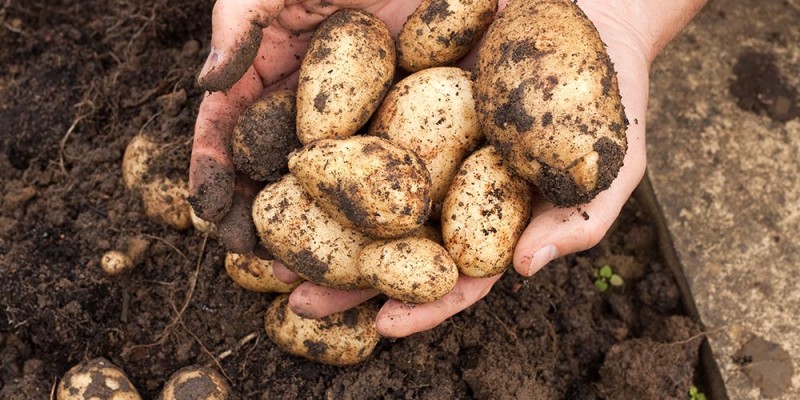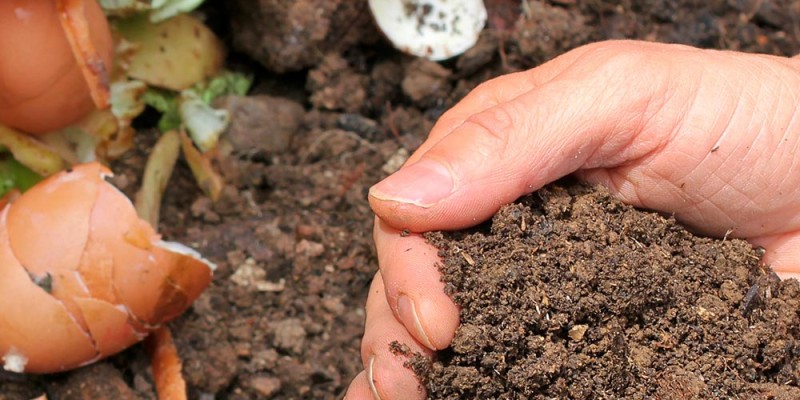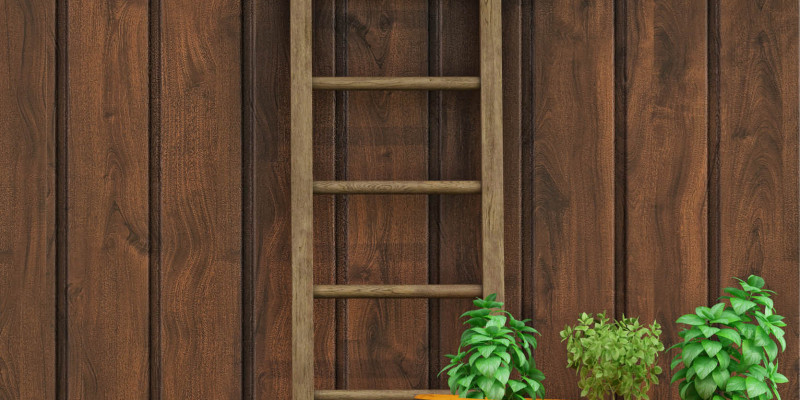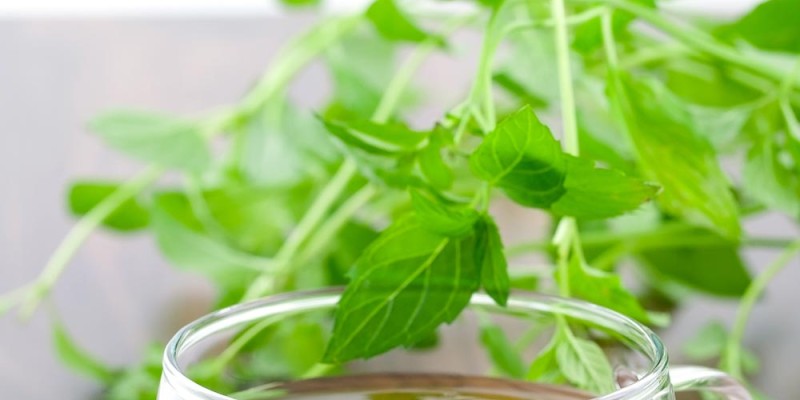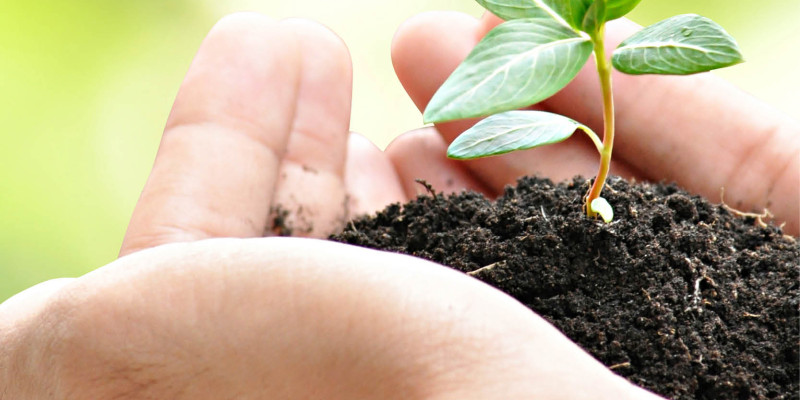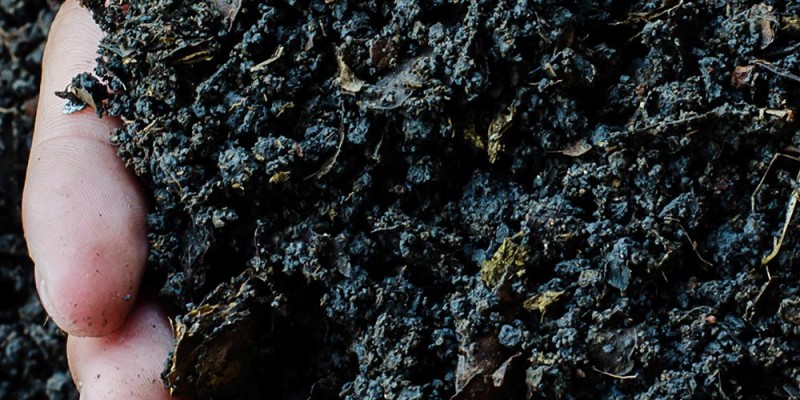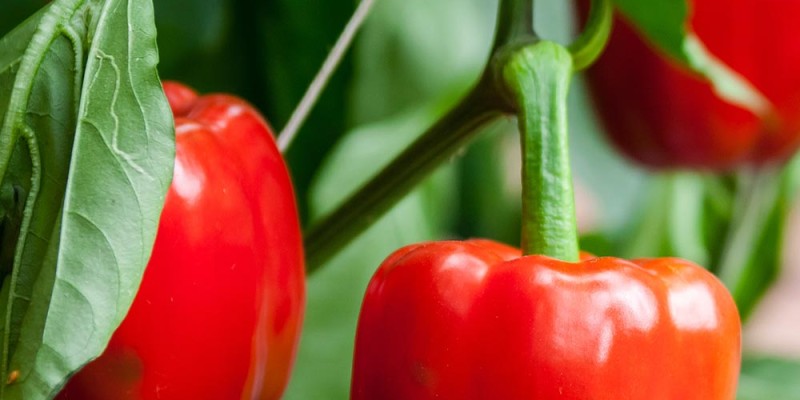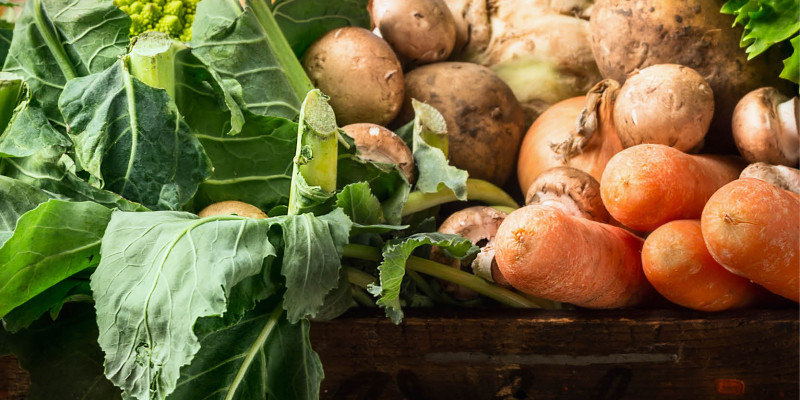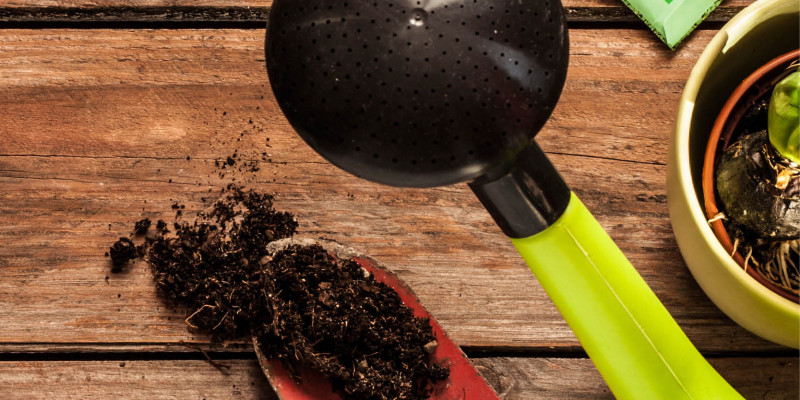On todays episode we are going to take a look at compost teas and compost extractions. Both are used to organically fertilize you’re your garden to keep your plants healthy and producing through the summer.
Both can be made simply and for the most part with out great expense. There are all sorts of recipes for compost tea and extractions out there and even commercially available products to help out. Today we are going to talk about the difference and what I chose to use including free resources available in most communities.
Before we get to what I make I would like to discuss what Compost Tea is and what a Compost Extraction is.
Compost Tea extracts the organic material from compost and used coffee grounds into the water to allow it to get to where the plants can used it. It also provides beneficial bacteria to further help the soil and plants. Cultivating the bacteria is done by providing nutrients typically in the form of unsulfured molasses and oxygen using an air stone. The bacteria are found with in the organic material and play a key role in overall soil and plant health. The bacteria that are being cultured break down nutrients in the soil and make them available to your garden plants.
Compost extracts do not culture the bacteria in this accelerated method and do not require the air stone nor the bacteria food in the form of molasses. Compost Extractions do have beneficial bacteria however they rely on the bacterial community with in the soil itself to help break down the nutrients the plants can not access right away. Using the tip in the video we did on maintaining soil health you can culture a strong and vibrant bacterial community.
It is key to note using de-chlorinated water helps keep the bacteria healthy and strong. Leaving city water out for 24 typically is long enough for the chlorine to evaporate.
The compost source can vary depending on what you have on hand. For the extraction I have partially decomposed leaf grass and garden waste compost. For the compost tea because we will be applying it using a sprayer I have chosen a complete compost. I prefer using worm castings when I have them available. The compost provides the organic extract and the bacteria.
Used coffee grounds are a great free resource available in most communities. The grounds themselves have great fertilizing properties including Nitrogen Phosphorus and Potassium which are essential elements in plant growth. Used coffee grounds have an NPK of 2.1 – 0.3 – 0.3 . In compost extractions and tea the coffee grounds are able to leach some of the organic material into solution. Most of the acidity in coffee is removed in the initial brew. Coffee typically has a pH of 5.2 while the used grounds have a pH of 6.5 which is in the threshold of beneficial growth for most garden plants.
If you have it available Comfrey is a wonderful addition to any compost extraction or mulch. Comfrey has a large tap root and pulls up trace elements from deep in the soil complex making them available to plants when the leafs die off.
having mixed the ingredients we then mix it toughly and leave it for 24-48 hours to steep. Allowing it to sit will help with the extraction and bacterial growth. Leaving the extraction any longer may deplete the oxygen and reducing the beneficial bacteria.
We typically apply the extraction or tea on a weekly basis during the summer to help keep the plants healthy and producing for myself and my family.
The intent of applying the extraction or tea is to concentrate and supplement the extraction and break down of the mulch layer and provide your plants and soil microbes with additional nutrition. Compost tea can be applied to the leafs as the increased bacteria communities the nutrients are easily absorbed and the leafs colonized by the bacteria. Compost extractions should be applied to the soil and not the leafs in order to avoid any unwanted disease issues.
Apply prior to the heat of the day sets in which is usually 9-10am. Application in the evening may result in unwanted plant infections.
Once completed the material used to produce the compost extraction it can be used for mulch around the base of your garden plants to continue to re-use and improve your soil.
It is important to learn what your garden needs. Each garden is as unique as their gardeners and it is worthwhile figuring out what works for you!
